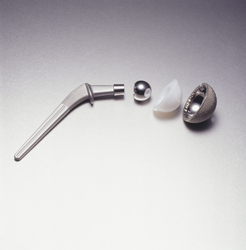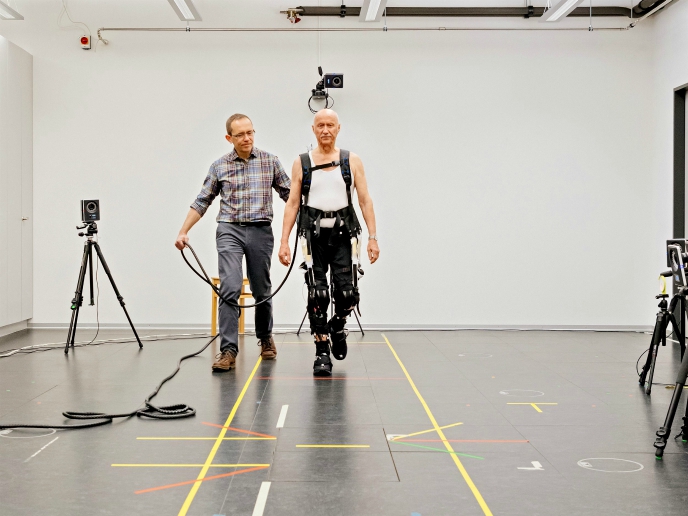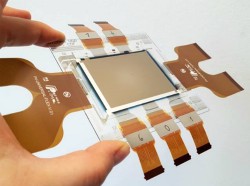Novel surgical implants
Prosthesis implantation is subject to the same complications as any other surgical procedure. Additionally, the implants encounter potential erosion by body fluids and host immune responses that may lead to rejection. Dental and orthopaedic prosthetics also need to be fully integrated into the existing bone to be fully functional. To address these issues, the EU-funded ‘New treatments for surgical implants’ (Newtresi) project aimed to develop surgical implants with novel vacuum thin film treatments deposited on their surface. The focus was on endocochlear, dental and orthopaedic implants. Partners considered developing a new sealing structure for electronic endocochlear surgical implants to replace the currently used ceramic case. The sealing structure consisted of an electronic circuit, a high-vacuum resin, a glass frame and two glass microsheets as top and bottom of the case. To resist electronic pressure, the barrier structure was composed of inorganic and organic silicon layers deposited by high-density plasma enhanced chemical vapour deposition (HDPECVD). A new thin film was also set up for dental and orthopaedic titanium implants that improved the integration into the bone and offered protection against body fluid-induced erosion. To meet these requirements of dense, compact, adherent and very hard layers, scientists used the Ion Plating Plasma Assisted (IPPA) deposition technology which improved the integration time by more than 50 %. At the same time the cost of dental prosthetics was significantly reduced. The Newtresi proposed technology offered an improved solution to existing implants for dental, orthopaedic and cochlear replacement. Utilisation of these alternatives in the clinic is expected to overcome the limitations encountered by the current prosthesis.







